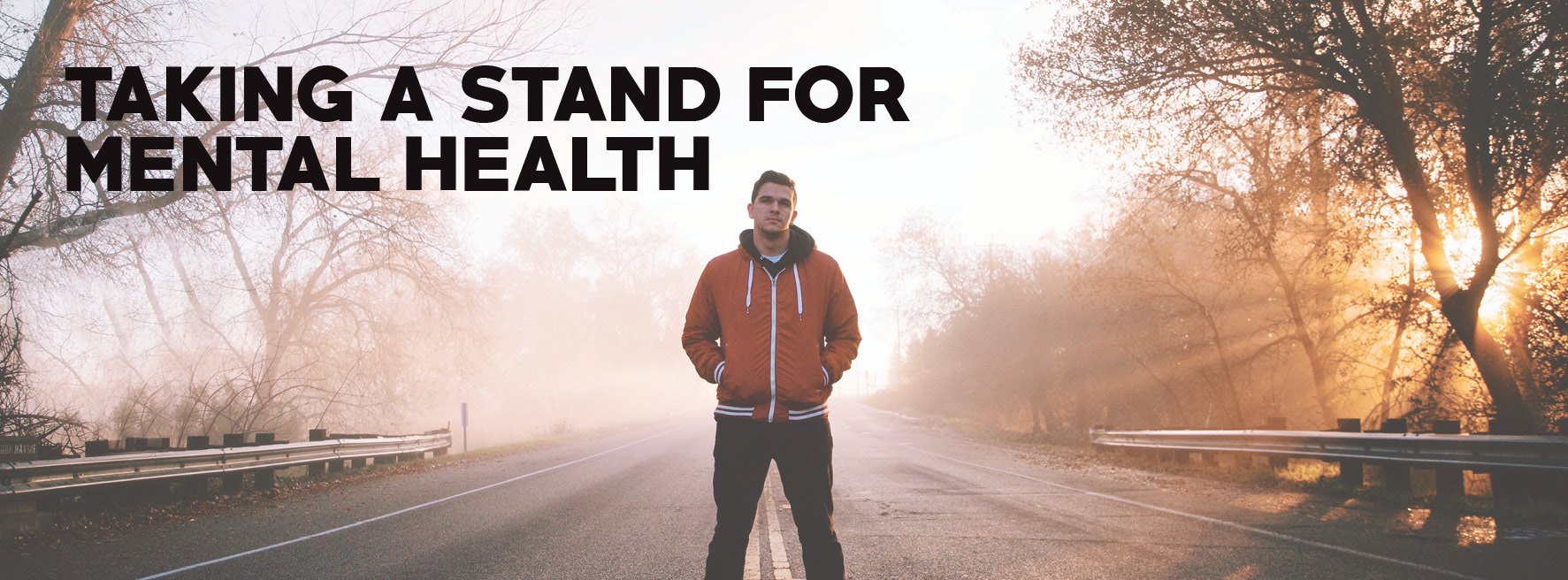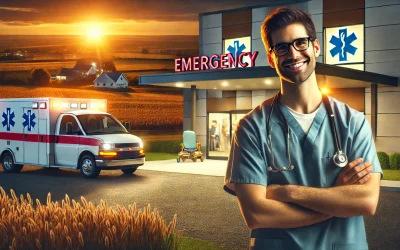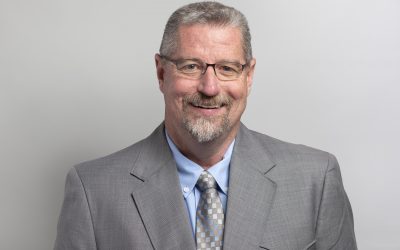For those of you who lived through the 1970s, 1960’s, 1950s, and before, you probably remember that if you suffered from mental health issues in those times, you were regarded as having something fundamentally wrong with you, or worse, you were thought of as just plain “crazy”.
Fortunately, progress was attained in awareness, treatment, and legislation regarding mental illness through the decades. However, we still as a society have a long way to go. The stigma for those struggling with mental health issues remains and that stigma can create real limitations (social, employment) for these persons.
NATIONAL ALLIANCE ON MENTAL ILLNESS STATISTICS
The National Alliance on Mental Illness (NAMI) is the country’s biggest grassroots organization whose purpose is to create better lives for those suffering from mental illness. They have cited these statistics:
- 18.5 % of adults or 43.8 million experiences mental illness in a given year.
- 21.4 % of youth ages 13–18 experiences a significant mental condition at some point in their life. The estimate is 13% for children ages 8–15.
- Of the 20.2 million adults in the U.S. who experienced a substance use disorder, 50.5% or 10.2 million adults, had a co-occurring mental illness.
S 2680 AND HR 2646
NAMI has been working with different groups nationwide to push Congress to pass two bills: 1) the “Mental Health Reform Act of 2016” (S.2680) and 2) the “Helping Families in Mental Health Crisis Act of 2015” (HR 2646).
S 2680 and HR 2646 will:
- Improve program coordination among federal agencies that assist those persons with mental illness.
- Improve integration within the Medicaid system for physical and mental healthcare.
- Emphasize early involvement in the treatment of psychosis.
- Strengthen enforcement of the Mental Health Parity Act.
ADDITIONAL RAMIFICATIONS
In an article from Mental Health America entitled “The Top 10 Facts about the Mental Health Reform Legislation in the 114th Congress”, it states “The mental health system is deeply broken and underfunded. While these bills lay a foundation for reform, they are still only a beginning.” Other important aspects and ramifications of these bills include:
- Because the correlation between gun violence and mental health is moderate, mental health care by itself is not a “solution” to gun violence.
- The Substance Abuse and Mental Health Services Administration (SAMHSA) will take on a larger role in helping the government assist those with mental health conditions.
- HR 2646 designates the government to come up with a proposal to limit the incarceration of nonviolent offenders with mental illness to ten years.
- Although there will be more sharing of substance use information in more integrated health care systems, this will not allow police or employers to view it and use it against you.
MHR PETITION
Citing the facts that 1) half of Americans living with mental illness received no health care in the past year and 2) the current suicide rate is the highest it has been in 30 years, Mental Health Reform is circulating a petition urging people to tell their Senators to pass S. 2680.
SUICIDE AND THE AFSP
Founded in 1987, the American Foundation for Suicide Prevention (AFSP), alarmed by the considerable rise in youth suicide since the 1970’s, has battled this challenge by:
- Connecting masses of people who have lost a loved one to suicide.
- Receiving the participation of those in the clinical and scientific communities who conduct research on suicide prevention.
- Creating a lobbying and public policy arm to press for legislation at all levels of government to further the goal of suicide prevention.
- Organize Out of Darkness Walks, now in 360 cities across the country, to help raise funds for AFSP’s mission.
In an editorial for The Huffington Post, Michelle Obama stated, “Sadly, too often, the stigma around mental health prevents people who need help from seeking it.” Whether we like it or not, a mental health crisis is upon us. Along with the other statistics, the alarming suicide rate and more recently the incidences of mass shootings have pushed the mental health debate into the forefront. The awareness of the problem brings with it a responsibility to meet its challenges. We cannot afford not to act.
More Posts
Empowering the Rural ED: Unlock Excellence in Your Emergency Department
Managing a rural ED is a complex challenge that requires strategy, innovation, and a relentless focus on both people and outcomes. For hospital executives and clinical leaders, success hinges on the ability to balance high-quality care, operational efficiency, and staff satisfaction. Here are some essential strategies to help you unlock excellence in your ED.
Concord Announces Dr. John Jones as Chief Medical Officer of Emergency Medicine
Concord Medical Group is extremely excited to announce that John Jones, MD has accepted the role of Chief Medical Officer of Emergency Medicine.
Creative Staffing Models for Rural Emergency Departments
Staffing an emergency department with the right providers is essential to deliver high quality care and keep costs under control. We have found that creative and custom staffing models are essential to driving care quality and boosting financial health in rural, low-volume emergency departments.






